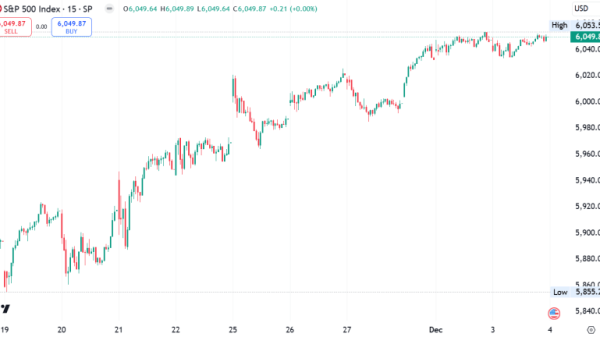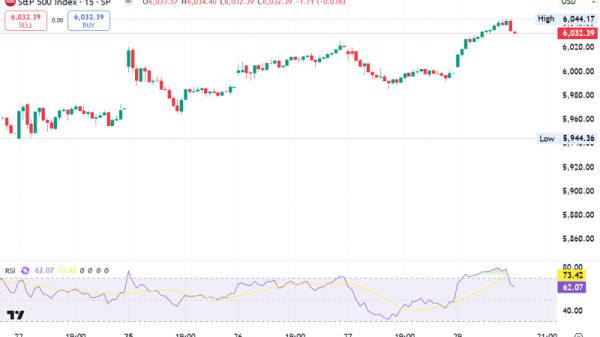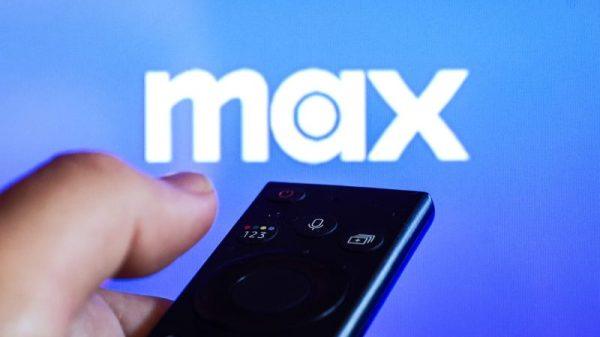By Chad Terhune
(Reuters) – U.S. government health plans account for the lion’s share of coverage for popular new weight-loss drugs, far beyond the reimbursement available from private employers and insurers, according to an analysis shared with Reuters.
State Medicaid programs for low-income families are the single biggest source of coverage, giving 31.6 million people access to Novo Nordisk (NYSE:NVO)’s Wegovy or Eli Lilly (NYSE:LLY)’s Zepbound, according to the AXIACI Obesity Coverage Nexus, a database produced by the Leverage consulting firm.
The database tracks the obesity coverage status of about 80% of Americans with health insurance.
Another 14.6 million federal workers and their dependents have coverage, as do 6 million state and local government employees and their family members, the data show. Combined, that’s 52.2 million Americans with coverage through government-funded health plans.
By contrast, 13.7 million had weight-loss drug coverage in commercial health plans, according to the database. That is likely an undercount because many employers don’t make their health plans public.
Leverage, which said it has no ties to companies selling obesity treatments, estimates there could be as many as 10.7 million additional people with coverage from private employers, based on the trend shown in its database. Taken together, that could be as many as 24.4 million nationwide – still less than half the number covered by government plans.
“It is a striking difference between government and private plans, and it shows there are still quite a lot of employers holding out,” said Kathy Hempstead, a senior policy officer at the Robert Wood Johnson Foundation, which provided funding for the database.
“Health insurance premiums are going up for a lot of reasons so that probably makes it a little harder to pass along another cost” to fund weight-loss treatment, Hempstead said.
The entry of Wegovy and Zepbound, which have been shown to help people lose 15% to 20% of their body weight, is transforming care in the United States, where more than 100 million adults live with obesity.
They both carry list prices of over $1,000 per month, and may need to be taken for life, a cost that has drawn backlash from Congress and the Biden administration.
Health insurance coverage is essential for many patients who could not afford them otherwise.
The mix of coverage can have consequences for Novo and Lilly profits. Medicaid, for instance, is eligible for some of the steepest discounts on drug prices.
However, there is evidence of higher obesity rates among people with Medicaid, giving drugmakers access to greater potential sales volume, said Brian Bruen, senior research economist at RTI International, a nonprofit research institute.
MISUNDERSTOOD AND UNDERTREATED
Wegovy and Zepbound belong to a class of drugs known as GLP-1 receptor agonists originally developed for type 2 diabetes. There has been unprecedented demand for these new drugs but Americans cannot always find them at pharmacies or face insurance hurdles.
Many private insurance plans require patients to meet with a dietician or participate in a months-long program of lifestyle changes prior to getting a prescription. Some patients are seeking cheaper copies of Zepbound and Wegovy from compounding pharmacies online.
Novo and Lilly are lobbying for wider insurance coverage, saying use of their medicines will yield savings for society by alleviating many health problems linked to excess weight, such as heart disease, diabetes and sleep apnea.
Novo told Reuters it estimates about half of American adults with obesity have coverage for weight-loss medications.
Lilly said commercial coverage “is likely underrepresented” in the data shared with Reuters, and that coverage gaps persist because obesity is still widely misunderstood and undertreated.
The obesity coverage database includes about 250 million people, or nearly 80% of all insured lives in the U.S. It is drawn from state and federal insurance filings, employer information and other publicly available data.
It lacks information on nearly 53 million Americans with private employer coverage and some 13 million tied to local governments.
Fourteen state Medicaid programs cover the GLP-1 drugs for obesity, including California, Pennsylvania and North Carolina, while 17 states provide coverage for their public employees and dependents. Connecticut, Delaware, Kansas, Massachusetts and Michigan do both.
States and the federal government share costs for Medicaid programs. The federal Medicare program for people aged 65 and older covers GLP-1 drugs for type 2 diabetes and cardiovascular disease, but not for weight loss alone.
“It’s really a state-by-state decision and there’s no pattern yet,” said Christine Ferguson, managing partner at Leverage and former executive director of Rhode Island’s health insurance marketplace. “Everyone is being very cautious here.”




































